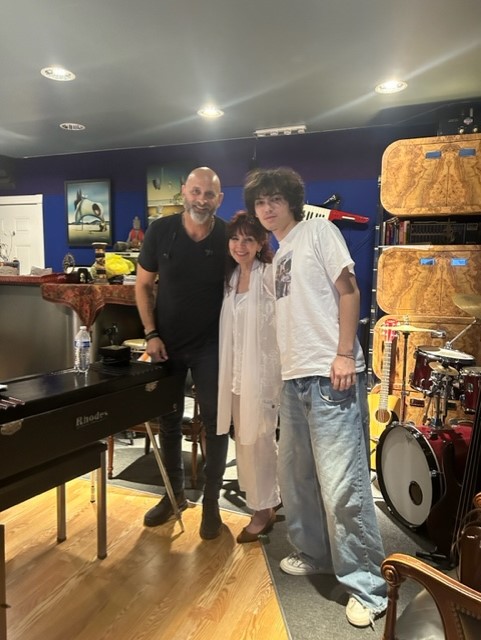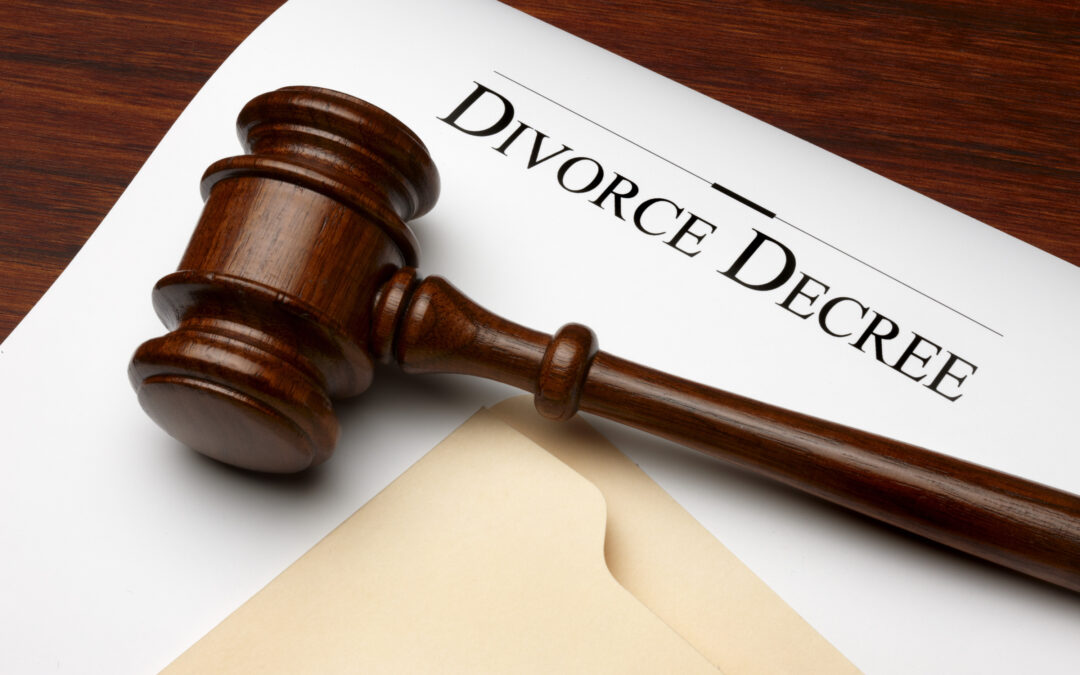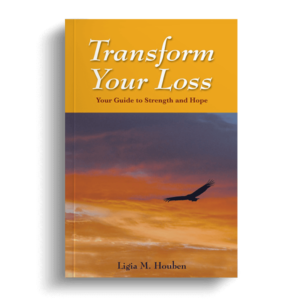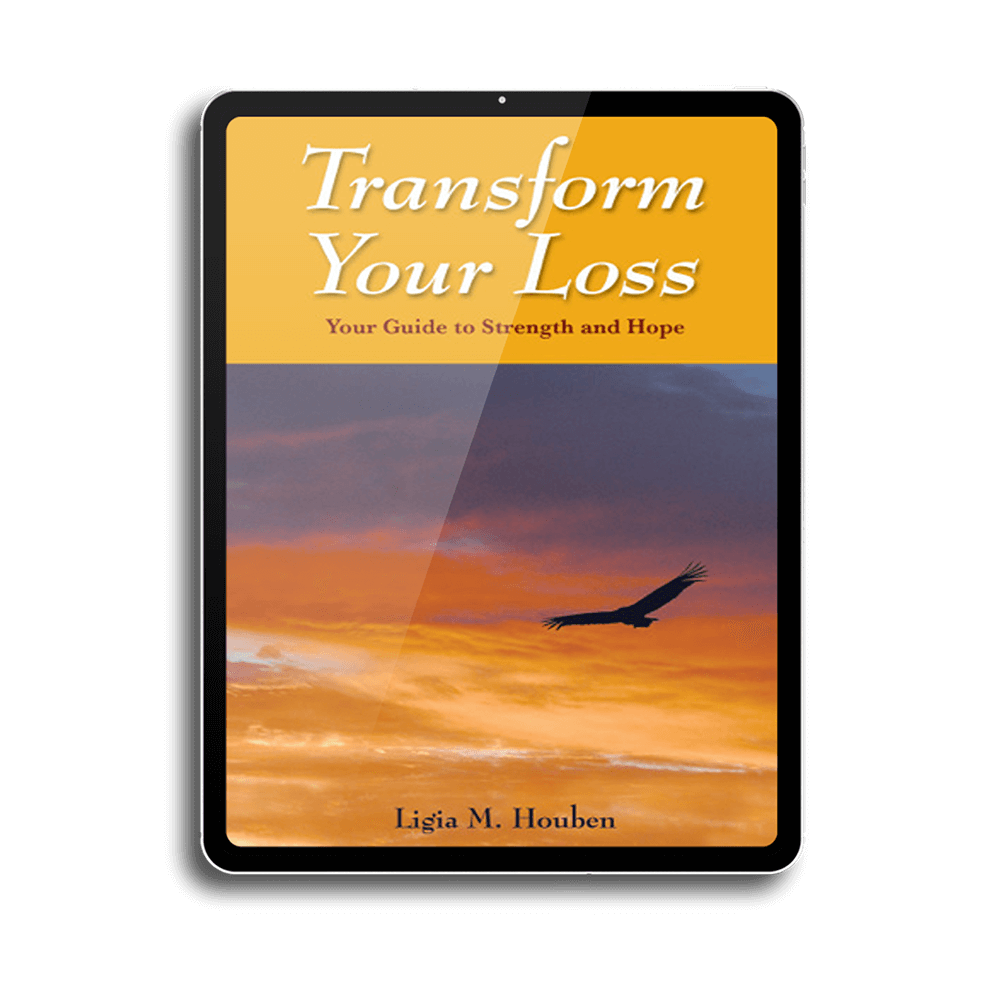
by Ligia Houben | Nov 26, 2023 | blog, Blog US
Introduction
Grief is a journey with unique paths, and it was uniquely challenging for Leonidas Reimer, a young adolescent. Losing Kennedy, his girlfriend, to suicide, Leonidas found himself engulfed in a sea of emotions. However, in the depths of his sorrow, he discovered solace and expression through music. His story is one of healing and transformation, a narrative that resonates with the power of purpose and passion. Although Leonidas’ world turned upside down when he lost Kennedy, he was determined to channel his pain into something meaningful.
The Healing Power of Music
Music became Leonidas’ refuge, and he started working on his album, “Songs for a Long Train Ride Home.” He poured his heart into melodies and lyrics, each note a step towards healing. His songs, raw and honest, are a tribute to Kennedy; they are a way to keep her memory alive.
Because music is his passion, I wanted him to meet Marlow Rosado, an amazing human being and accomplished musician. He is the winner of two Grammys and producer of my upcoming audiobook in Spanish, “Déjame vivir mi duelo…y sanar de adentro hacia afuera” (Allow Me to Grieve…and Heal From the Inside Out). Leonidas visited Marlow’s studio when we were recording, and he had the opportunity to learn from Marlow’s experience and share his story.
In the sanctuary of Marlow’s studio, surrounded by instruments and echoes of creativity, Leonidas shared his album “Songs for a Long Train Ride Home.” Marlow listened to Leonidas’ journey, and with an open heart, he offered more than just musical advice; he provided sensitive insights on healing through purpose. Leonidas’ encounter with Marlow was profound as it confirmed his mission: to use his music as a beacon for others traversing the dark waters of grief. It touches my heart to see how Leonidas has embraced the transformative power of music, demonstrating how it can be a vessel for grief, carrying it from the shadows into the light.
Leonidas’ story is a poignant reminder that a melody of hope can emerge in the depths of despair. Through his music, he honors Kennedy’s memory and offers a guiding light to those who have experienced similar loss. Furthermore, his journey continues after his music. He is also working on a film, “The Kennedy Project,” to introduce a proactive stance to suicide prevention.
Reflection
Grief is a profound and complex emotional response to loss, particularly when we lose someone significant in our lives. Although the process varies significantly from person to person, being witnessed in grief is crucial. What helps the most is to express our emotions in a safe and understanding environment, validating our feelings and experiences. Healing from grief is a gradual process of re-engaging with life, finding new meanings, and living life with a renewed sense of purpose.
As I reflect on Leonidas’ journey, I am confident he will continue showing the resilience and compassion of his human spirit, and his ability to find solace and meaning in creativity.

by Ligia Houben | Oct 30, 2023 | Blog US
Understanding that a divorce is a unique journey, here are some suggestions that can help you move forward in this life transition:
1. Allow Yourself to Grieve
Instead of suppressing your emotions, acknowledge that divorce is a loss and it’s natural to experience grief. Find healthy ways, such as journaling, talking to a close friend, joining a support group, or seeking professional help, to express your feelings and be present with your emotions without judgment.
2. Establish Boundaries and Practice Self-Care
Paying attention to your needs includes setting boundaries if this causes you stress. Take care of your physical, mental, and emotional well-being. This includes eating healthy food, exercising, and practicing relaxation techniques such as conscious breathing, mindfulness, or meditation.
3. Rebuild Your Identity
Because a divorce brings changes, you want to open your heart and mind to take it as an opportunity to discover who you are now. Explore the roles you are letting go of and embrace new ones that promote self-growth and empowerment. This includes setting personal and professional goals, taking care of your finances, and paying attention to the messages you give to yourself.
4. Create a Strong Support System
This can consist of family and friends who are there to support you without judging. The idea is that they can actively listen when you need to share how you feel and encourage you when you think you need to lean on them. Belonging to a divorce support group can also help you navigate this transition.
5. Believe in Yourself and Embrace Change
This is very close to feeling empowered is believing in your capacity to embrace change and become a better version of yourself. Remember, you can do this!
Remember, your life has meaning!
Ligia M. Houben

by Ligia Houben | Oct 4, 2018 | Blog US
When we are consumed by grief, we may feel we are the only persons hurting, and we may not notice the pain of others. Furthermore, we may be so blinded by our grief that we may say or do things that are hurting people we love.
If this has happened to you…do not feel ashamed, it happens to all of us. What matters the most is to be aware we are doing it and stop it at once.
Hurting others do not alleviate our own pain. It may even make it greater.
If you have hurt someone due to the pain you are experiencing, recognize it and ask for forgiveness. Yes, be humble and recognize your mistake, because it is a mistake to hurt the people we love. The moment we are able to enter the worldview of others we will be able to develop compassion and understanding. We will be able to leave our own pain aside and embrace the pain of our beloved one.
If we are proud and stay in a place of not admitting we were wrong, we will find ourselves in a cycle of hurt, pain, resentment, and more pain. At the end, you are not only hurting the other person; you are hurting yourself.
Some people choose not to say “I am sorry” out of their pride. They wait for the other person to say it first.
What about if the other person is in the same position?
Couples break-up, parents and children have dysfunctional relationships, and bosses and employees destroy relationships because of their pride.
Therefore, next time you feel you are the only person hurting, take a closer look at the person next to you. It has been said that if we leave our pain aside and understand the pain of others…our pain becomes lighter.
As you transform your loss, you transform your life!
Ligia M. Houben, MA, FT, CGC, CPC






